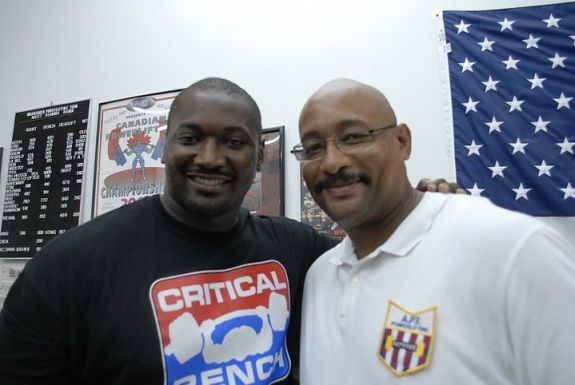Ronaldo's Knee Injury - How Will It
Change the Rest of His Body?
by Dr. Kareem Samhouri author of Double Edged Fat Loss

Brazilian superstar Ronaldo suffered the tearing of a tendon in his left knee during a very competitive game against Milan. Unfortunately, media sources are claiming that this may be the end of his career. To Ronaldo's credit, he has managed to rehabilitate his right knee with similar injuries in the past, after undergoing surgery.
Many people do not realize the implication of one injury on the rest of the body. Many times, due to overcompensation, a left knee injury can cause undue stress to the right knee, hip, or even low back. Once injury occurs, our bodies are very smart systems, and so they engage in something called "muscle guarding," where all of the biggest and broadest muscles surrounding an injury are recruited to take stress away from the painful area. Unfortunately, this can result in abnormal stress placed on the opposite knee.
Abnormal stress placed on Ronaldo's right knee, especially following previous injury to that knee, may not be very well tolerated. Most likely, with every step that he takes, he will be putting asymmetrical pressure through his legs. This causes increased force translation into the low back and many times results in soreness.
It only takes a few minutes of exercise to bring the proper amount of blood and nutrients to your low back in order to allow your body to heal from the minor amount of damage caused through compensation throughout the day. The only problem is that most people do not even know where to begin, and most therapies simply cannot dedicate time to every possible issue, especially issues that have yet to arise.
Whenever you have an injury it is wise to consider the injury's implications on the rest of your body. In Ronaldo's case, as an elite athlete, he will most likely have the highest quality care and be able avoid the vast majority of complications related to a debilitating knee injury. However, if this were your knee, would you know what to do?

More Articles By Dr. Kareem Samhouri
Return to the Workout Articles Archive
|